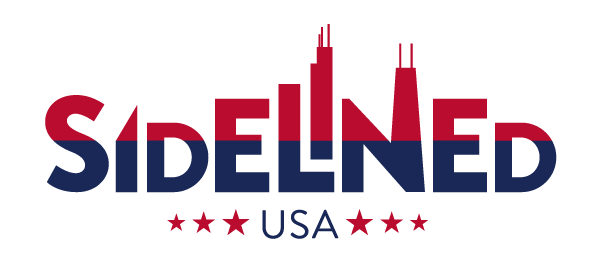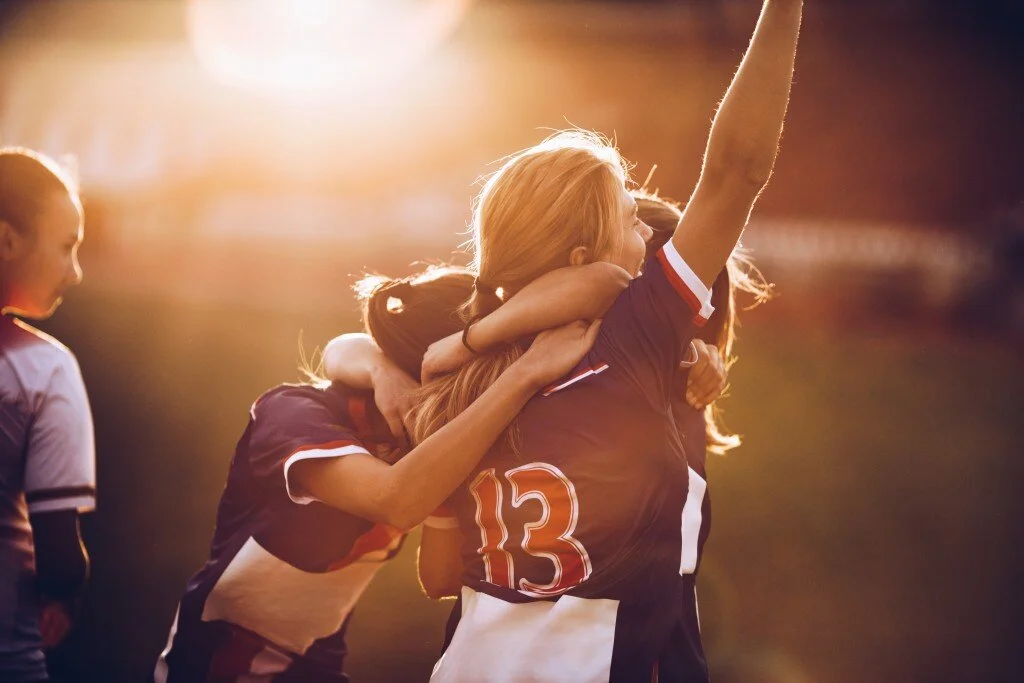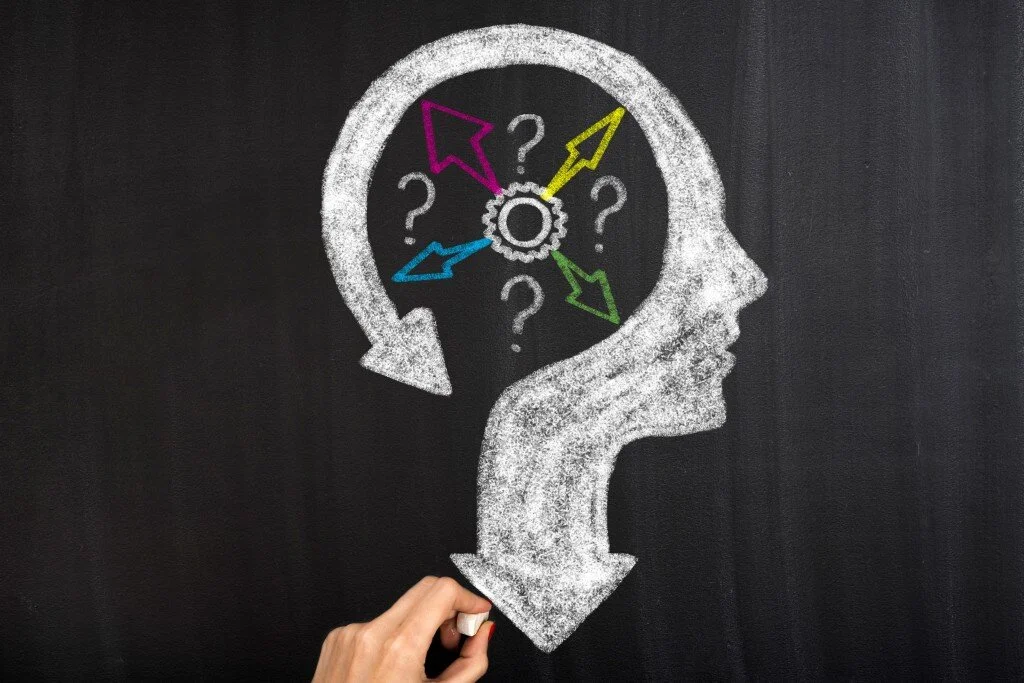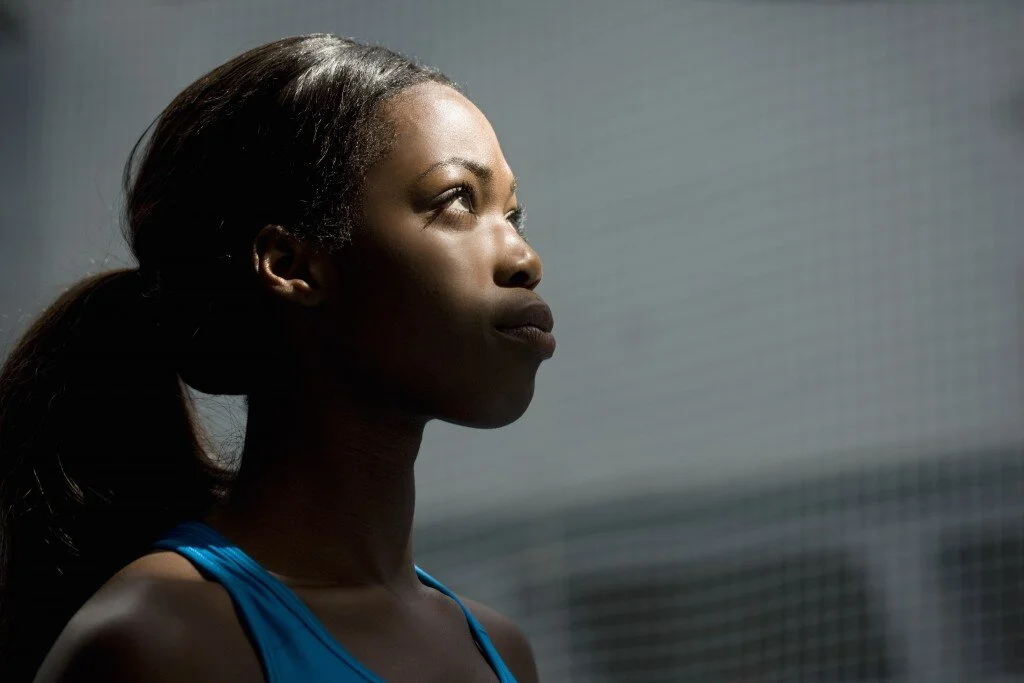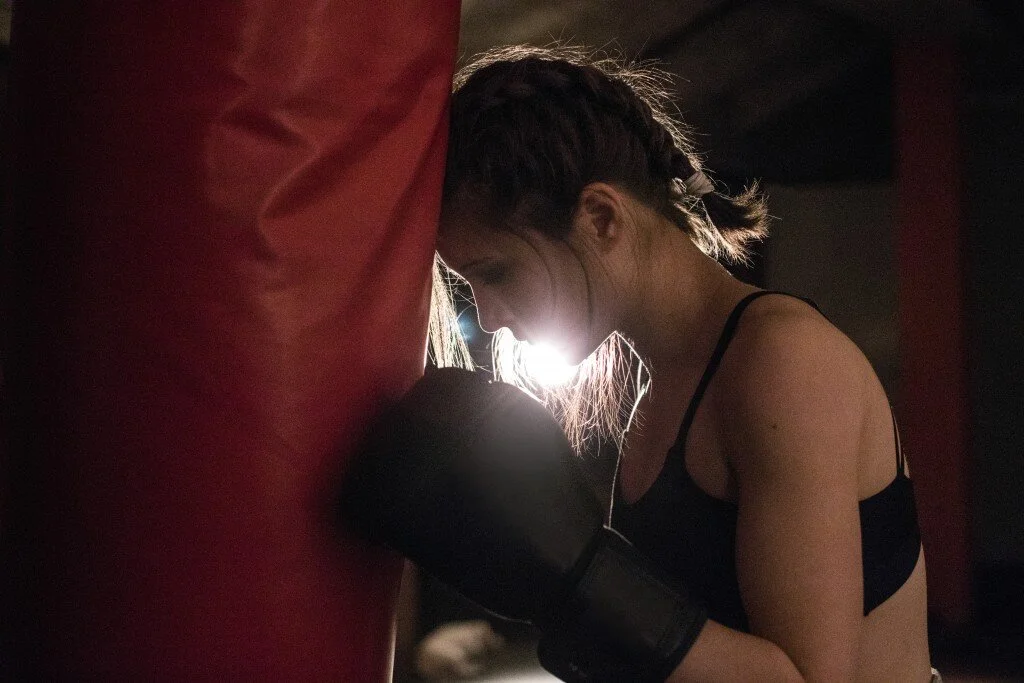“You’re only as good as your last game . . . match . . . race.” Sound familiar?
As a competitor, it is common to tie your athletic identity to your performance in your sport. What can happen though it you aren’t careful is that your performance can become the key indicator of how you measure your worth and subsequently, can greatly impact how happy you are overall in life.
Read More